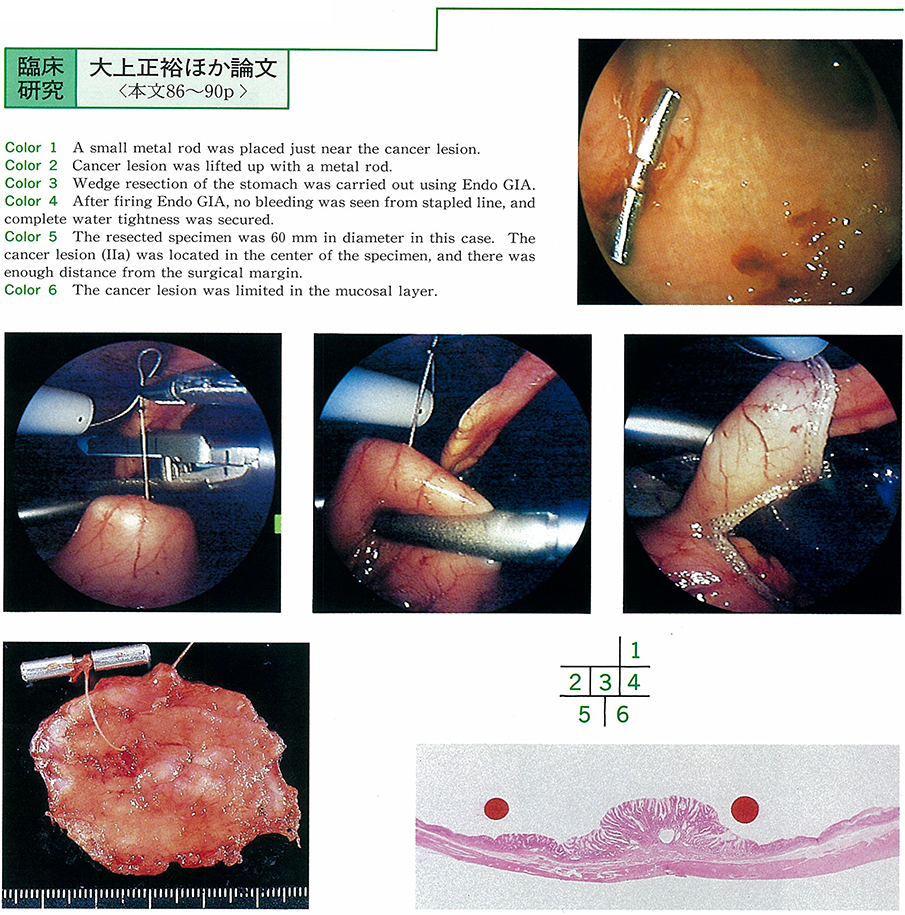- J-STAGE home
- /
- Progress of Digestive Endoscop ...
- /
- Volume 42 (1993)
- /
- Article overview
-
Masahiro Ohgami
Department of Surgery, Keio University School of Medicine
-
Kouichiro Kumai
Department of Surgery, Keio University School of Medicine
-
Takaaki Yamamoto
Department of Surgery, Keio University School of Medicine
-
Toshiharu Furukawa
Department of Surgery, Keio University School of Medicine
-
Atsushi Shimada
Department of Surgery, Keio University School of Medicine
-
Sansei Shibata
Department of Surgery, Keio University School of Medicine
-
Yoshiro Saikawa
Department of Surgery, Keio University School of Medicine
-
Shinji Ogawa
Department of Surgery, Keio University School of Medicine
-
Tetsuro Kubota
Department of Surgery, Keio University School of Medicine
-
Kyuya Ishibiki
Department of Surgery, Keio University School of Medicine
-
Masaki Kitajima
Department of Surgery, Keio University School of Medicine
-
Hideo Matsui
Department of Surgery, National Tokyo Second Hospital
1993 Volume 42 Pages 86-90
- Published: June 18, 1993 Received: - Available on J-STAGE: July 15, 2015 Accepted: - Advance online publication: - Revised: -
(compatible with EndNote, Reference Manager, ProCite, RefWorks)
(compatible with BibDesk, LaTeX)


